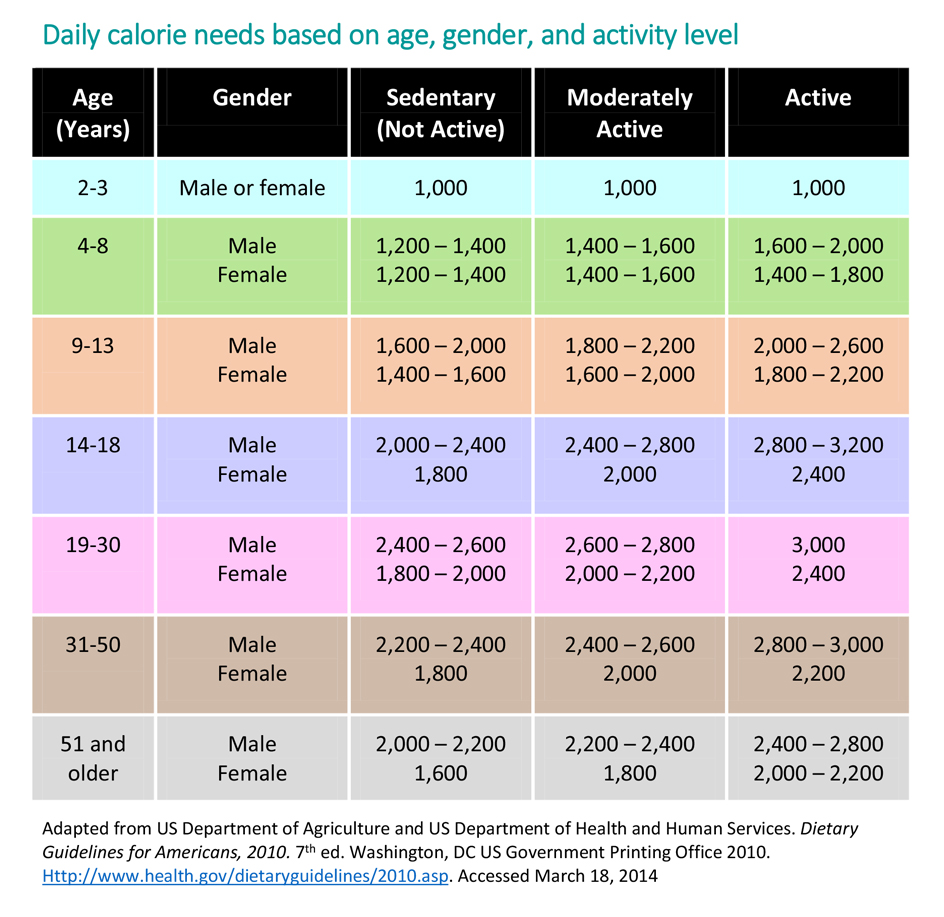Because Halloween is fast-approaching and the grocery store has an entire aisle dedicated to giant bags of candy, this post is going to be all about enjoying a healthier Halloween. Whether your family celebrates Halloween or not, you can't miss the candy fest in the grocery stores during this time of year. Although Halloween is only one night a year, the giant bag of candy may linger around the house for much longer.
I've gathered some healthier Halloween tips to help your young athlete enjoy a healthier Halloween (without ruining all the fun).
1. Focus on other seasonal activities.
Kids and adults alike may associate this time of year with candy, and kids are usually thinking about candy a LOT, but there are many local seasonal events, like pumpkin picking and carving, apple picking, hay rides, corn mazes, haunted houses...the list goes on.
2. Cook a healthier meal to enjoy before trick-or-treating/before eating candy.
We all know how good a candy bar tastes when you allow yourself to get super hungry...but it's usually pretty hard to stop at just one piece because candy may have a lot of calories, but doesn't fill us up and doesn't contain the nutrients our bodies really crave at meal time. What about something seasonal, like pumpkin chili?
Choose a meal with plenty of filling vegetables, whole grains and a little bit of protein and encourage kids to drink a glass of water with dinner to hold them over during the night and to prevent them from choosing handfuls of sweet treats as a dinner substitute.
3. Choose your candy wisely.
Even those bite-sized treats can pack a huge calorie punch, especially if you're grabbing for several pieces a day, and it's those extra 100-200 calories each day in addition to your normal calories that result in weight gain over time. One peanut butter cup is ~100 calories and those mini chocolate bars are usually around 40-50 calories each. Chocolate candies have more fat and usually more calories than fruity candies.
If you're passing out candy at your house, make sure you're choosing the miniature options or some of the non-candy options listed below.
Don't give the candy so much attention and eating the candy won't become such a big deal.
A good tip for kids (and adults!) is to choose a couple favorite pieces of candy after trick-or-treating (2,3,4,5...whatever number you both set) to enjoy, and make sure to put the candy jar away and help kids practice moderation by only choosing 1 or 2 pieces as they please a day. It goes along with the "out of sight, out of mind." Put out a bowl of fruit, cut up some vegetables - have some healthy snacking options available that are more easily accessible than the candy.
If you're passing out candy at your house, make sure you're choosing the miniature options or some of the non-candy options listed below.
4. Set some limits.
As far as HOW MUCH candy to eat, in an ideal world, kids, teens and adults would eat a piece or two and forget about it. This isn't always the case...but over-restricting the candy jar can often times make the candy more desirable and kids can develop tendencies to obsess over/sneak/hoard the candy.Don't give the candy so much attention and eating the candy won't become such a big deal.
A good tip for kids (and adults!) is to choose a couple favorite pieces of candy after trick-or-treating (2,3,4,5...whatever number you both set) to enjoy, and make sure to put the candy jar away and help kids practice moderation by only choosing 1 or 2 pieces as they please a day. It goes along with the "out of sight, out of mind." Put out a bowl of fruit, cut up some vegetables - have some healthy snacking options available that are more easily accessible than the candy.
5. Pass out non-candy options.
I know this is a total "dietitian" tip, but hear me out! There was a research study that showed that kids between 3-14 years old were just as likely to choose non-candy (toy) options just as much as candy options on Halloween.
Because almost ALL houses will be handing out candy on Halloween, passing out non-candy options will be something new for kids.
Non-food ideas ideas from The Teal Pumpkin Project.
This is a pretty cool project - because a lot of Halloween candies contain allergens, this project promotes passing out non-food options for trick-or-treating to ensure kids with allergies can still enjoy trick-or-treating!If you want to hand out some non-candy healthier food options, there's a lot of good individually-wrapped options in the stores:
Cereal bars, snack mix, single-serve cereal boxes, microwave popcorn or little bags of popcorn, snack-size bags of Goldfish or animal crackers, pretzels, boxes of raisins/dried fruit, sugar-free gum...
You might also like:
Greatist || 16 Healthier Halloween Candy Recipes to Make at Home (Fun for older kids!)













